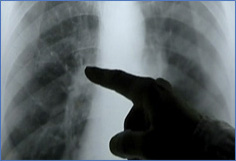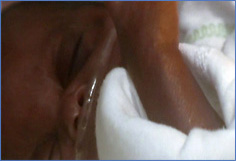

 |

|
|
|

Changing Our Public Discourse on Health
 (1) Increase public awareness of our alarming socioeconomic and racial/ethnic inequities in health and their human and financial costs; (2) Promote understanding of the various ways in which class, racism and disempowerment can get under the skin and influence health outcomes; (3) Illustrate how well-being is not just a matter of making good choices and having access to quality care; our outcomes are inextricably linked - for better and worse - to the social conditions that surround and shape our lives; (4) Demonstrate that health inequities affect all of us. On average, the bottom 80% of us have worse health than the rich and powerful. We all bear the financial burden for disease and disability: increased medical costs, lost economic activity, lowered business productivity;
 (6) Link health discussions to social and economic policies - e.g., housing, racism, education, jobs and wages, community development, social supports and tax policy. Evaluate social and economic policies by their health impact, and press for more health-promoting measures; (7) Communicate hopeful solutions that draw public and policy maker attention to innovative and community-based initiatives for health equity. "There
is an Axis of Evil," David Williams says, "an Axis
of Evil of inequality, of racism, of poverty, of economic deprivation
that is adversely affecting the health of the American people."
As a nation, we can address the racial and economic inequalities that increase our risk of disease now, or we can pay to repair our bodies later.
|
|
|||
|